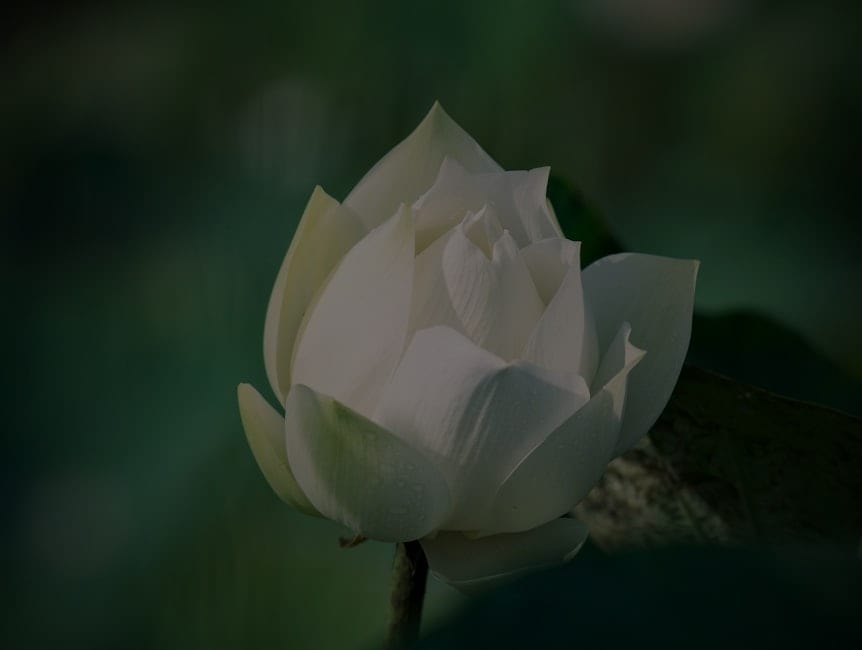Transform Your Outdoor Space: The Art of Zen Gardens
Creating a Zen garden with feng shui ornaments can transform your outdoor space into a tranquil retreat. Discover how to cultivate peace and serenity in your environment.
The Essence of Zen Gardens
A Zen garden, rooted in Japanese culture, embodies simplicity and tranquility. Traditionally, these gardens feature rocks, gravel, and carefully placed plants that symbolize natural landscapes. The primary goal is to create a peaceful environment that encourages meditation and reflection. By integrating feng shui principles, you can enhance this calming atmosphere, making your outdoor space a sanctuary for relaxation and mindfulness.
Choosing the Right Feng Shui Ornaments
Selecting the right feng shui ornaments is essential for creating harmony in your Zen garden. Items such as stone lanterns, water features, and bamboo can add both aesthetic appeal and energy flow. Consider using ornaments that resonate with your personal energy and intentions. For instance, a small water fountain can symbolize abundance and prosperity, while wind chimes may invite positive energy and good fortune into your space.
Designing Your Tranquil Retreat
When designing your Zen garden, layout plays a crucial role in achieving balance. Start by defining areas for meditation, planting, and ornamentation. Use natural materials like gravel or sand to create pathways that guide you through the garden. Each element should have a purpose, whether it’s to promote relaxation or encourage reflection. Remember, less is often more in Zen design, so avoid overcrowding your space with too many ornaments.
Incorporating Natural Elements
Natural elements are vital in enhancing the feng shui of your Zen garden. Integrate rocks, plants, and water to create a harmonious ecosystem. Choose plants that thrive in your climate and require minimal maintenance, such as succulents or moss. Rocks can symbolize stability and strength, while a small pond or fountain can introduce the calming sound of water, promoting relaxation and tranquility.
The Importance of Color and Texture
Color and texture significantly influence the energy of your Zen garden. Opt for a soothing color palette that reflects nature, such as greens, browns, and blues. Textures should also be varied; smooth stones, soft moss, and flowing water create a multi-sensory experience that invites you to unwind. Use colors and textures that resonate with your personal preferences to ensure your garden feels like an extension of yourself.
Maintaining Your Zen Garden
Regular maintenance is key to preserving the tranquility of your Zen garden. Keep pathways clear, rake the gravel to create patterns, and prune plants as needed. This not only enhances the visual appeal but also allows for ongoing reflection and meditation. Consider setting aside time each week to tend to your garden, treating it as a form of mindfulness practice that nurtures both the space and your spirit.
Embracing the Zen Lifestyle
Creating a Zen garden is more than just an aesthetic endeavor; it’s an invitation to embrace a lifestyle centered around mindfulness and tranquility. By surrounding yourself with nature and thoughtfully chosen feng shui ornaments, you cultivate an environment that supports inner peace. Allow your garden to serve as a reminder to slow down, breathe deeply, and appreciate the beauty of simplicity.
In conclusion, a Zen garden enriched with feng shui ornaments can significantly enhance your outdoor space, transforming it into a peaceful haven. By thoughtfully selecting elements and maintaining the garden, you create a sanctuary that promotes relaxation and mindfulness, enriching your overall well-being.










